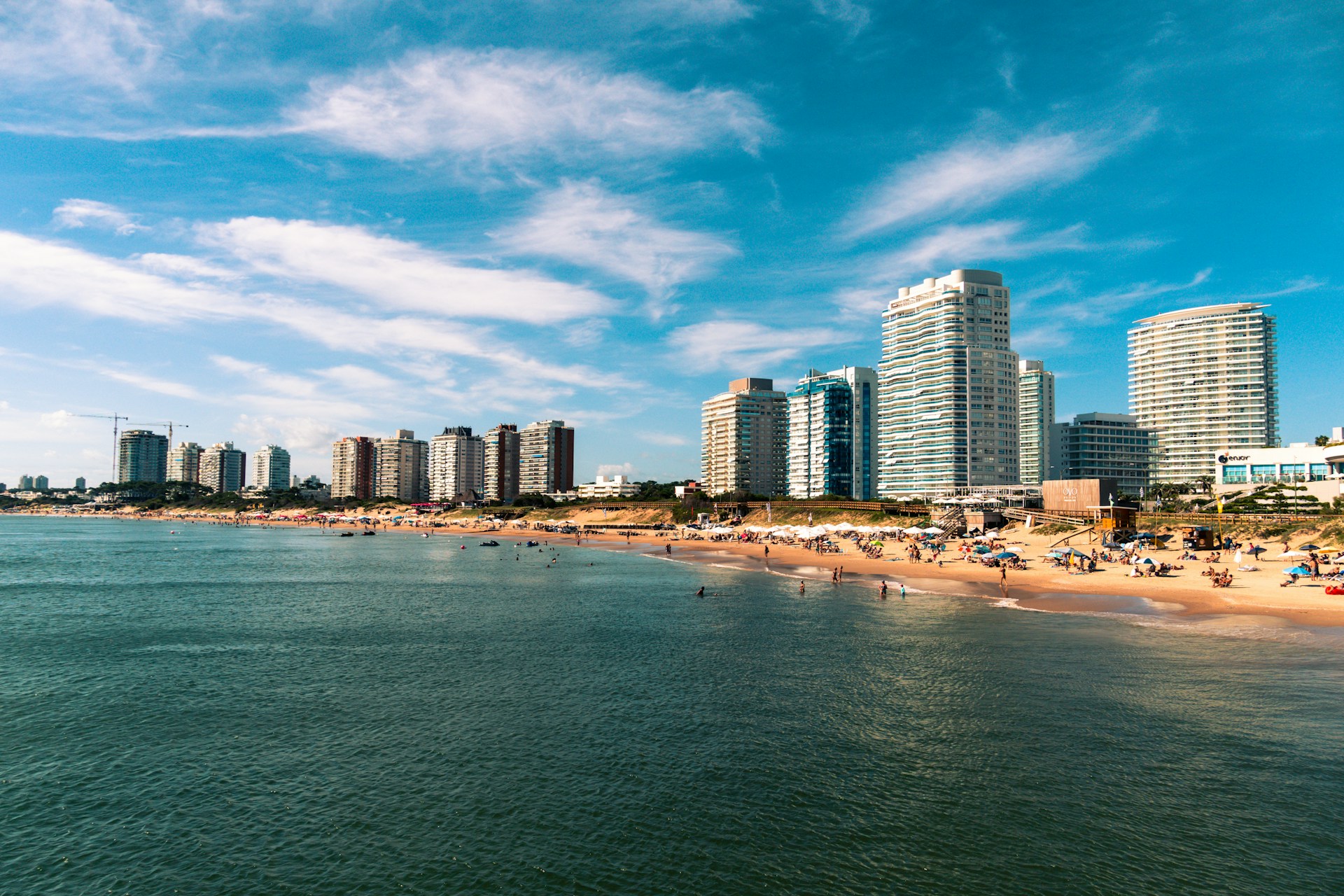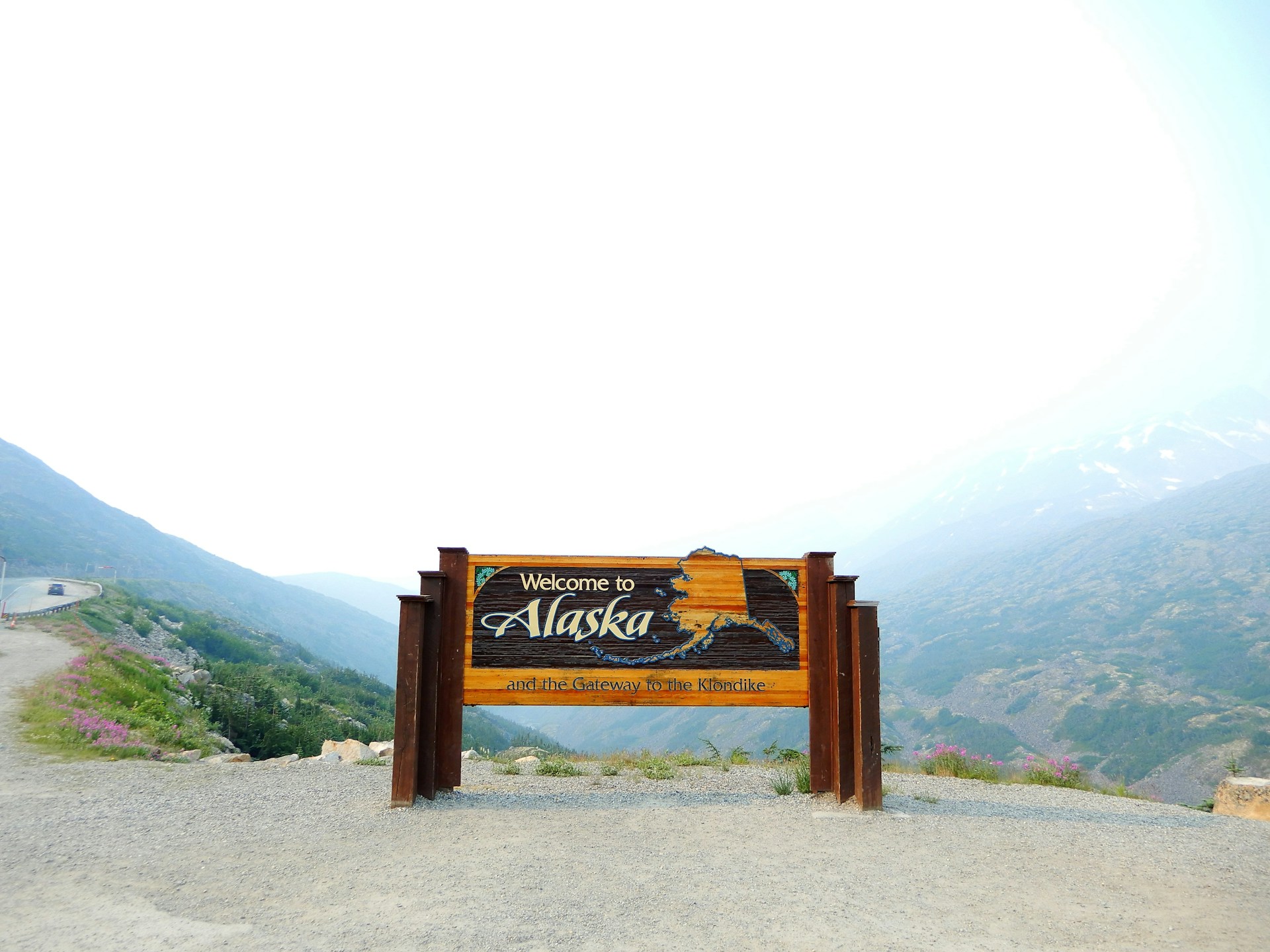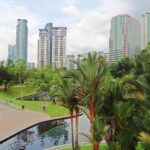Navigating the world of international travel and residency often hinges on understanding visa options. Whether you’re a digital nomad, a student, or a professional relocating for work, choosing the right visa is critical. This article provides a comprehensive comparison of various visa types across different countries, focusing on visa length, cost, and application speed. A quick comparison table is included for easy reference, followed by detailed explanations to help you make informed decisions.
Quick Comparison Table
| Visa Type | Country | Visa Length | Cost (USD) | Application Speed |
|---|---|---|---|---|
| Schengen Tourist Visa (C) | Schengen Area | Up to 90 days in 180 days | $85-$95 | 15-60 days |
| US B-2 Tourist Visa | United States | Up to 6 months | $185 | 3-12 weeks |
| UK Standard Visitor Visa | United Kingdom | Up to 6 months | $140 | 3-8 weeks |
| Canada Visitor Visa | Canada | Up to 6 months | $75 | 2-8 weeks |
| Australia Visitor Visa (Subclass 600) | Australia | Up to 12 months | $150-$400 | 20-30 days |
| Japan Tourist Visa | Japan | Up to 90 days | $25-$50 | 5-10 days |
| Digital Nomad Visa (Remote Work) | Portugal | Up to 1 year, renewable | $100-$200 | 30-60 days |
| Digital Nomad Visa | Estonia | Up to 1 year | $100-$120 | 15-30 days |
| Work Visa (H-1B) | United States | Up to 3 years, renewable | $460-$2,805 | 3-8 months |
| Skilled Worker Visa | United Kingdom | Up to 5 years, renewable | $900-$1,800 | 3-12 weeks |
| Student Visa (F-1) | United States | Duration of study | $185 | 3-12 weeks |
| Student Visa (Tier 4) | United Kingdom | Duration of study | $475 | 3-8 weeks |
Note: Costs and processing times are approximate and subject to change based on nationality, application method, and additional fees (e.g., biometrics, legal services). Always check official government websites for the most current information.
Understanding Visa Types
Tourist Visas
Tourist visas are designed for short-term travel, typically for leisure, family visits, or short-term business activities. They vary significantly in terms of length, cost, and processing time.
Schengen Tourist Visa (Type C)
The Schengen Area, comprising 27 European countries, offers a unified visa allowing travel across member states. The Type C visa permits stays of up to 90 days within a 180-day period. The cost ranges from $85 to $95, depending on the applicant’s age and nationality. Applications typically take 15 to 60 days, with expedited processing available in some cases for an additional fee. Applicants must provide proof of travel insurance, accommodation, and sufficient funds.
US B-2 Tourist Visa
The US B-2 visa is for tourism, medical treatment, or visiting family. It allows stays of up to 6 months, though extensions are possible. The application fee is $185, and processing times range from 3 to 12 weeks, depending on the embassy’s workload and interview requirements. Applicants must demonstrate strong ties to their home country to ensure return.
UK Standard Visitor Visa
The UK’s Standard Visitor Visa allows stays of up to 6 months for tourism, business, or family visits. The cost is approximately $140, with processing times averaging 3 to 8 weeks. Applicants need to provide evidence of their purpose, financial stability, and intent to leave the UK after their visit.
Canada Visitor Visa
Canada’s visitor visa permits stays of up to 6 months and costs around $75. Processing times vary from 2 to 8 weeks, depending on the applicant’s country and application method (online or paper-based). Biometric data may be required, adding to the cost and time.
Australia Visitor Visa (Subclass 600)
Australia’s Subclass 600 visa allows stays of up to 12 months, though shorter durations are common. Costs range from $150 to $400, depending on the stream (tourist, business, or sponsored family). Processing typically takes 20 to 30 days. Applicants must meet health and character requirements.
Japan Tourist Visa
Japan offers a short-term tourist visa for stays up to 90 days, with costs between $25 and $50, depending on nationality. Processing is notably quick, often completed in 5 to 10 days. Japan’s straightforward requirements include a valid passport, itinerary, and proof of funds.
Digital Nomad Visas
Digital nomad visas cater to remote workers, offering longer stays for those who work online while exploring a country. These visas are gaining popularity as remote work becomes more common.
Portugal Digital Nomad Visa
Portugal’s digital nomad visa allows stays of up to 1 year, with the possibility of renewal. The cost ranges from $100 to $200, including application and administrative fees. Processing takes 30 to 60 days. Applicants must prove a minimum income (around $3,000/month), health insurance, and accommodation.
Estonia Digital Nomad Visa
Estonia, a pioneer in digital nomad visas, offers a 1-year visa for remote workers. The cost is $100 to $120, with processing times of 15 to 30 days. Applicants need to demonstrate a monthly income of at least $4,000 and provide proof of remote employment or freelance contracts.
Work Visas
Work visas are for professionals seeking employment in a foreign country. These visas often have higher costs and longer processing times due to their complexity and economic impact.
US H-1B Work Visa
The US H-1B visa is for skilled workers in specialty occupations, valid for up to 3 years with possible extensions. The cost ranges from $460 to $2,805, depending on employer fees, legal services, and premium processing ($2,805 for expedited 15-day processing). Standard processing takes 3 to 8 months, with a cap on annual approvals, making early application critical.
UK Skilled Worker Visa
The UK’s Skilled Worker Visa, replacing the Tier 2 visa, allows stays of up to 5 years, renewable if job requirements are met. Costs range from $900 to $1,800, depending on the job type and stay duration. Processing takes 3 to 12 weeks. Applicants need a job offer from a licensed sponsor and must meet salary and skill thresholds.
Student Visas
Student visas cater to those pursuing education abroad, with durations tied to the length of the study program.
US F-1 Student Visa
The US F-1 visa is for full-time students at accredited institutions. It lasts for the duration of the study program, with a $185 application fee. Processing takes 3 to 12 weeks, including an interview. Students must provide proof of acceptance, financial support, and intent to return home after studies.
UK Student Visa (Tier 4)
The UK’s Tier 4 (General) Student Visa is for students aged 16 and over, valid for the duration of the course plus a short period after. The cost is around $475, with processing times of 3 to 8 weeks. Applicants need a Confirmation of Acceptance for Studies (CAS) from a licensed institution and proof of funds.
Factors Influencing Visa Choice
When choosing a visa, consider the following:
- Purpose of Travel: Ensure the visa aligns with your intentions (tourism, work, study, or remote work). Applying for the wrong visa can lead to rejection or complications.
- Duration Needs: Short-term travelers may prefer tourist visas, while long-term stays require work, student, or digital nomad visas.
- Budget: Costs vary widely, from Japan’s affordable $25 tourist visa to the US H-1B’s potential $2,805 with premium processing.
- Processing Time: Urgent travel may necessitate visas with faster processing, like Japan’s tourist visa (5-10 days) or Australia’s Subclass 600 (20-30 days).
- Eligibility Requirements: Each visa has specific criteria, such as income thresholds for digital nomad visas or job offers for work visas.
- Country-Specific Rules: Some countries have bilateral agreements that affect visa costs or requirements for certain nationalities.
Application Process Overview
While specific requirements vary, most visa applications follow these steps:
- Gather Documentation: Common requirements include a valid passport, photos, financial proof, travel itinerary, and purpose-specific documents (e.g., job offer, university acceptance).
- Complete Application: Most countries offer online portals, though some require paper applications or in-person submissions.
- Pay Fees: Fees are typically non-refundable, even if the application is rejected.
- Biometrics and Interviews: Many visas require fingerprinting, photos, or interviews at consulates or visa centers.
- Await Processing: Processing times depend on the visa type, country, and application volume.
- Receive Decision: If approved, the visa is stamped in the passport or issued electronically. If denied, reasons are provided, and reapplication may be possible.
Tips for a Successful Application
- Apply Early: Processing times can be unpredictable, especially during peak travel seasons.
- Double-Check Requirements: Missing documents or incorrect forms are common rejection reasons.
- Seek Professional Help: For complex visas like the H-1B, immigration lawyers can improve success rates.
- Monitor Application Status: Many countries offer online tracking systems.
- Prepare for Interviews: Be clear, honest, and concise about your travel purpose and ties to your home country.
Challenges and Considerations
Visa applications can be daunting due to bureaucratic processes, varying requirements, and potential rejections. Common challenges include:
- Rejections: Often due to incomplete documentation, insufficient funds, or failure to prove intent to return.
- Delays: High application volumes or additional scrutiny can extend processing times.
- Cost Variability: Additional fees for biometrics, translations, or expedited processing can add up.
- Policy Changes: Immigration policies can shift, affecting costs, eligibility, or processing times. Check official sources regularly.
Conclusion
Choosing the right visa requires balancing your travel purpose, budget, and timeline. Tourist visas like Japan’s or Canada’s are ideal for short, affordable trips, while digital nomad visas in Portugal or Estonia suit remote workers seeking longer stays. Work and student visas, such as the US H-1B or UK Tier 4, cater to specific professional or educational goals but come with higher costs and longer processing times. The comparison table above provides a snapshot, but always consult official government websites for the latest requirements and fees. With careful planning and thorough preparation, you can navigate the visa process confidently and embark on your international journey with ease.














